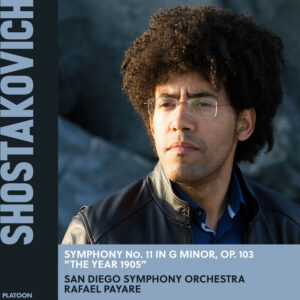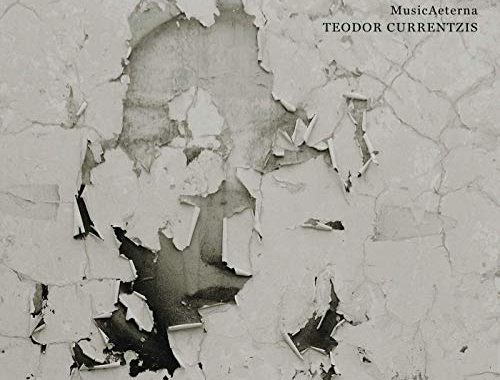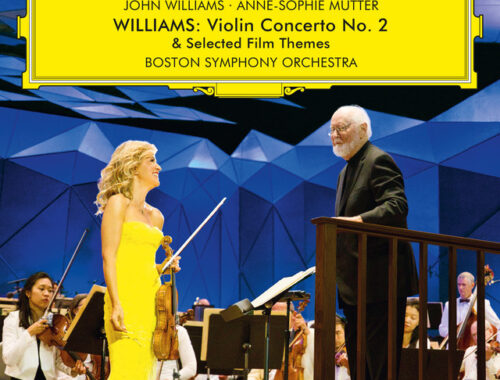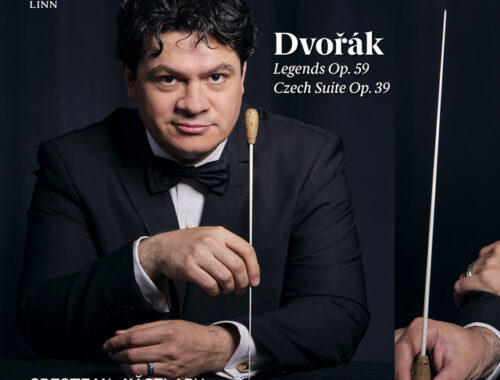GRAMOPHONE Review: Shostakovich Symphony No. 11 – San Diego Symphony Orchestra/Payare
 Sonically speaking, this streamed offering from San Diego is right up there with the best we have – yes, even the much-lauded Chandos/Storgards account which was my Critics Choice a couple of years back. The young Venezuelan conductor Rafael Payare is on top of the work’s filmic atmospherics and graphic excitement, too, marking its territories with icy silences and visceral percussion. No Shostakovich symphony delivers more high-octane thrills.
Sonically speaking, this streamed offering from San Diego is right up there with the best we have – yes, even the much-lauded Chandos/Storgards account which was my Critics Choice a couple of years back. The young Venezuelan conductor Rafael Payare is on top of the work’s filmic atmospherics and graphic excitement, too, marking its territories with icy silences and visceral percussion. No Shostakovich symphony delivers more high-octane thrills.
But there is, of course, a deeper resonance in the thematic fabric of revolutionary songs that ultimately separates the spectacle from the subtext – and it is that which is key to work’s accumulative impact. As the first of those songs steal pale and forlorn across ‘The Palace Square’ (flutes) Payare holds his San Diego Symphony in thrall ensuring that no untoward ‘expressiveness’ creeps into the white emotionless soundscape.
The angry protests come up through the baselines and in each of the inexorable climaxes no punches are pulled with the non-consensual assault of the huge percussion battery. Out of the ‘Bloody Sunday’ fugue – delivered here at quite a lick – the famous solo percussion passage is as deafening as the shocked sound of silence which follows it. Defiance and hope are only to be found in the heart-rending modulation into the climax of the slow movement ‘In Memoriam’. That is almost Schubertian and Payare embraces it.
A vivid realisation, then, with bags of surface excitement and powerful and articulate playing from all departments of the San Diego Symphony. But with the arrival of that great cor anglais aria in the finale – which, by the way, has an affecting plangency (very open, very much ‘sung out’) – comes the essence of the whole piece. Perhaps the most profound wind solo in all of Shostakovich – and I don’t feel its ‘summation’ here as I do with Eliahu Inbal’s recent Stuttgart recording. The kinship with Mahler is something that conductor understands more than most and it pays off richly.
Thrilling peroration, though, with suitably clangorous alarum bells really coming through the thunderous tutti. Payare, in common with Storgards and Rostropovich, takes dramatic licence and has the bells ring on at the close (pretty much impossible with an excited audience present) whereas Inbal goes for the shockingly abrupt (and preferable, in my view) cut off.
You May Also Like

GRAMOPHONE Review: Mahler Symphony No. 6 – MusicAeterna/Currentzis
02/01/2019
GRAMOPHONE Review: John Williams Violin Concerto No 2 & Various – Mutter, Boston Symphony Orchestra/Williams
20/07/2022

